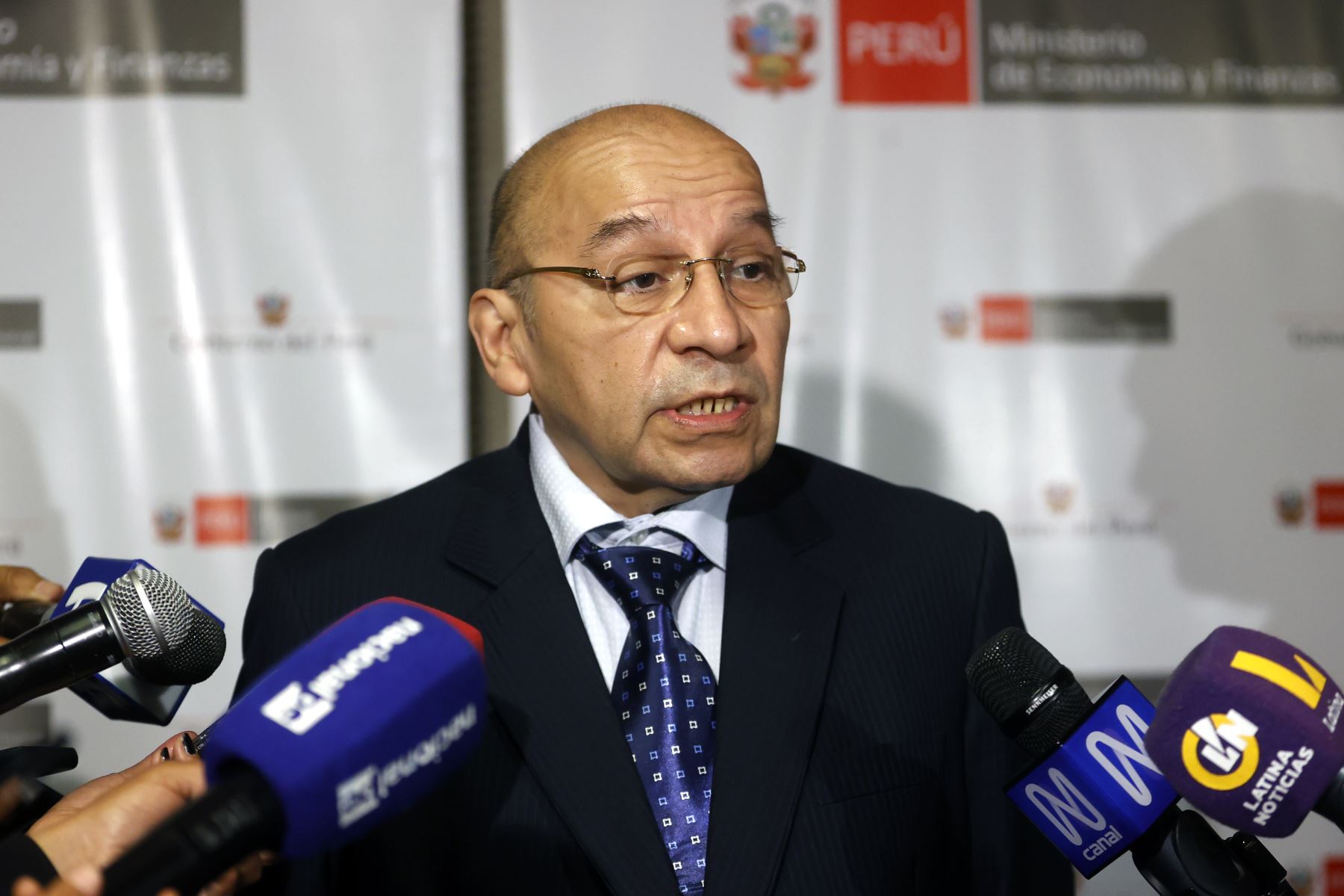
LIMA, Nov 26 (NNN-ANDINA) — The Peruvian Government plans to award projects under the Public-Private Partnership (PPP) modality for a total of US$3.277 billion in 2023, Economy-Finance Minister Kurt Burneo announced.
During his speech at the Meeting with Elected Authorities for Regional and Local Governments, organized by the Economy and Finance Ministry (MEF), he announced that for this year the projected awarding of PPP works stands at US$440 million.
“We have a portfolio of projects that will enable us to provide quality service to people (residing) in various regions of the country and will boost the creation of direct and indirect jobs,” he underlined.
In the case of Works for Taxes (OxI), the minister pointed out that to date 504 projects have been awarded, worth S/6.666 billion (about US$1.732 billion), which have benefited more than 21 million people through initiatives in sectors: transportation, education, and sanitation.
“Concerning ‘Works for Taxes’ projects, the (selected) companies develop projects in places where the State cannot cover due to limited technical and budgetary capacity,” he explained.
Similarly, he indicated that the OxI mechanism enables public and private sectors to work hand-in-hand to execute prioritized investments, which contribute to narrowing infrastructure gaps and improving services for the public through advance tax payment.
Moreover, the minister reminded stakeholders that, according to the National Infrastructure Plan for Competitiveness (PNIC), Peru’s infrastructure gap reaches approximately US$100 billion. Every year, public works worth only US$10 billion are executed.
“The population feels and suffers this absence of services every day and, even if the projected public investment projects are completed, the gaps remain considerable,” he indicated.
In this sense, the government official deemed as essential promoting public investment through new and greater investments via mechanisms such as PPPs, OxI, and co-financed private initiatives, among others.
“These mechanisms are essential for reducing gaps, since traditional public investment is insufficient to rely on the minimum infrastructure that this country needs,” he concluded. — NNN-ANDINA






